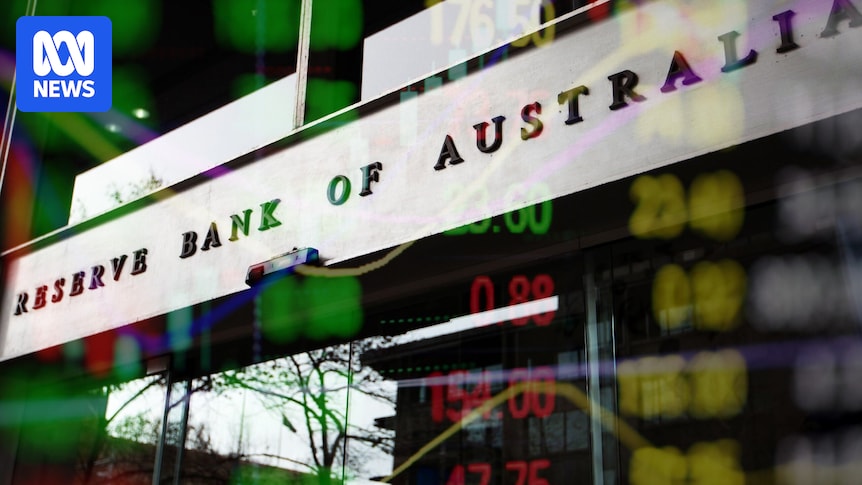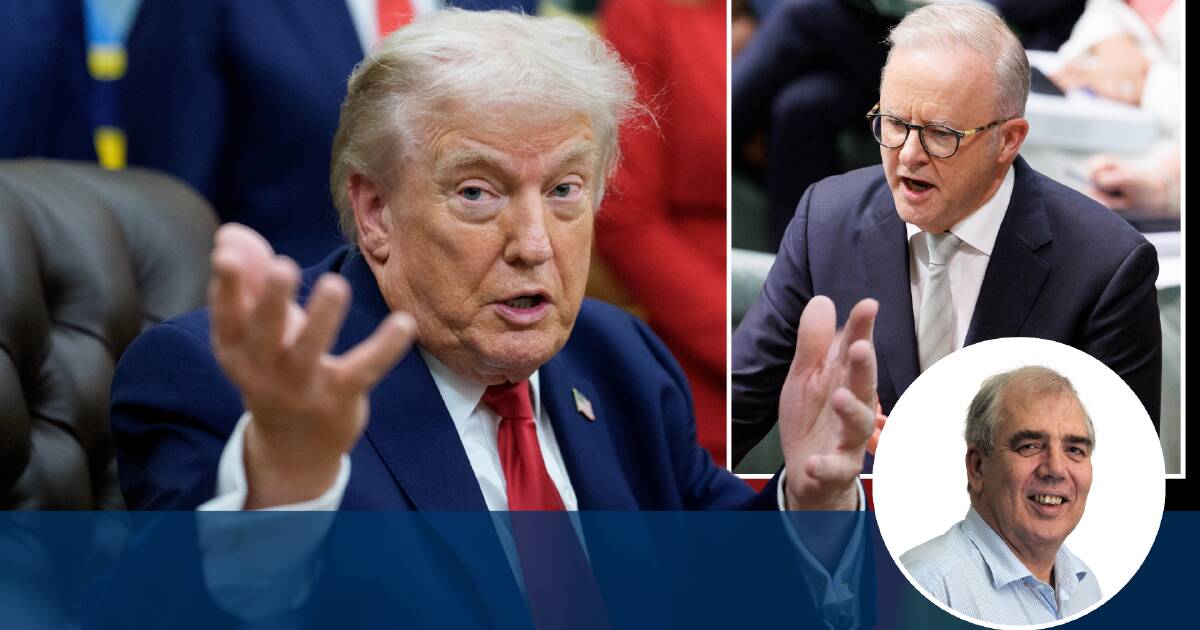
Andrew Hauser, Deputy Governor of the Reserve Bank of Australia (RBA), has expressed concern over the potential profound impact of former U.S. President Donald Trump’s tariff plans on Australia’s economy. Despite these warnings, financial markets appear to be largely indifferent, according to Hauser, who noted that traders seem to “shrug and move on.”
Hauser’s comments come amid a backdrop of significant global economic changes, suggesting that the full effects of Trump’s tariffs could take years to materialize. “The day after Brexit happened, everyone thought the world would end, and it didn’t,” Hauser remarked, drawing parallels to the long-term economic shifts following Brexit. “But 10 years on, you’re seeing the profound effects of some of those changes for sustainable growth rates, and for fundamental things in the [UK] economy that … will have more important and lasting effects than the ‘here today, gone tomorrow’ problems,” he added.
Global Economic Shifts and Market Reactions
Hauser, who previously worked at the Bank of England during the economic fallout from Brexit, finds it “very surprising and puzzling” that a narrative on social media suggests “nothing ever happens” with Trump’s tariffs. Despite this perception, he asserts that significant macroeconomic changes are underway, with central banks worldwide monitoring the situation closely.
Trump has proposed tariffs of up to 200% on pharmaceuticals—a major Australian export to the U.S.—and a 50% levy on copper. Yet, financial markets remain buoyant. “Equity markets are higher today than they were before the ‘Liberation Day’ events. Measures of implied volatility in markets are back to historic lows,” Hauser observed. This raises questions about market confidence: “You can either be a market believer and say, ‘Well, these guys get it right more often than we do, so they must know something we don’t,’ or you could worry a little bit about that.”
Australia’s Economic Strategy Amidst Global Changes
In a speech to the Economic Society of Australia in Sydney, Hauser emphasized the need for a new “Golden Age” of Australian economic thinking to navigate the current global economic landscape. He highlighted several defining macroeconomic challenges, including the rollback of free trade, shifting geopolitical alliances, climate change, and the need to boost productivity growth.
Hauser called for a strategic refresh at the RBA, focusing on big questions that will support future policymaking. He urged Australia to attract and retain top economic talent to address issues of significant policy relevance. Reflecting on past economic challenges, he noted, “The first period stretched from the 20s to the 60s, when Australia pulled itself out of the depths of the Depression and navigated World War II and its aftermath, and the second period covered the major economic reforms of the 80s and 90s.”
Key Questions for Australia’s Economic Future
Hauser posed critical questions for Australian economists to consider:
- How will the composition and geographical location of export markets change in response to evolving trade policies and geopolitical alliances?
- What implications will these shifts have for domestic output, investment, labor markets, and pricing?
- How can Australia harness its natural and human resources to capitalize on these shifts?
- How will global commodity demand change over time, and how long will markets for traditional minerals like coal, gas, and iron ore persist?
- Will markets for “new economy” minerals and renewable energy sources take their place?
- How will these structural shifts alter the shocks that stabilization policy needs to address, influencing optimal policy design?
“Understanding the macroeconomic risks, and opportunities, from those structural changes in the global economy is a vital priority for research—to protect the economy, and to ensure a clear path for future growth,” Hauser stated.
Communicating the Urgency of Economic Challenges
Hauser emphasized the importance of effectively communicating the urgency of these economic challenges to the public and policymakers. He advocated for collaboration between academics, policy economists, and policymakers to develop a common understanding of both the problems and potential solutions.
“It is crucial that both sides—policy and academia—buy in. And we need to focus, as a profession, on how we communicate our thinking,” Hauser said, referencing economist Danielle Wood’s call for economists to speak directly and plainly.
As Australia navigates these global economic changes, Hauser stressed the necessity of responding proactively. “But we can go one better: by marshalling our best brains we can turn this challenging environment to our advantage,” he concluded. “At the RBA, we stand ready to play our part in this great endeavour.”





